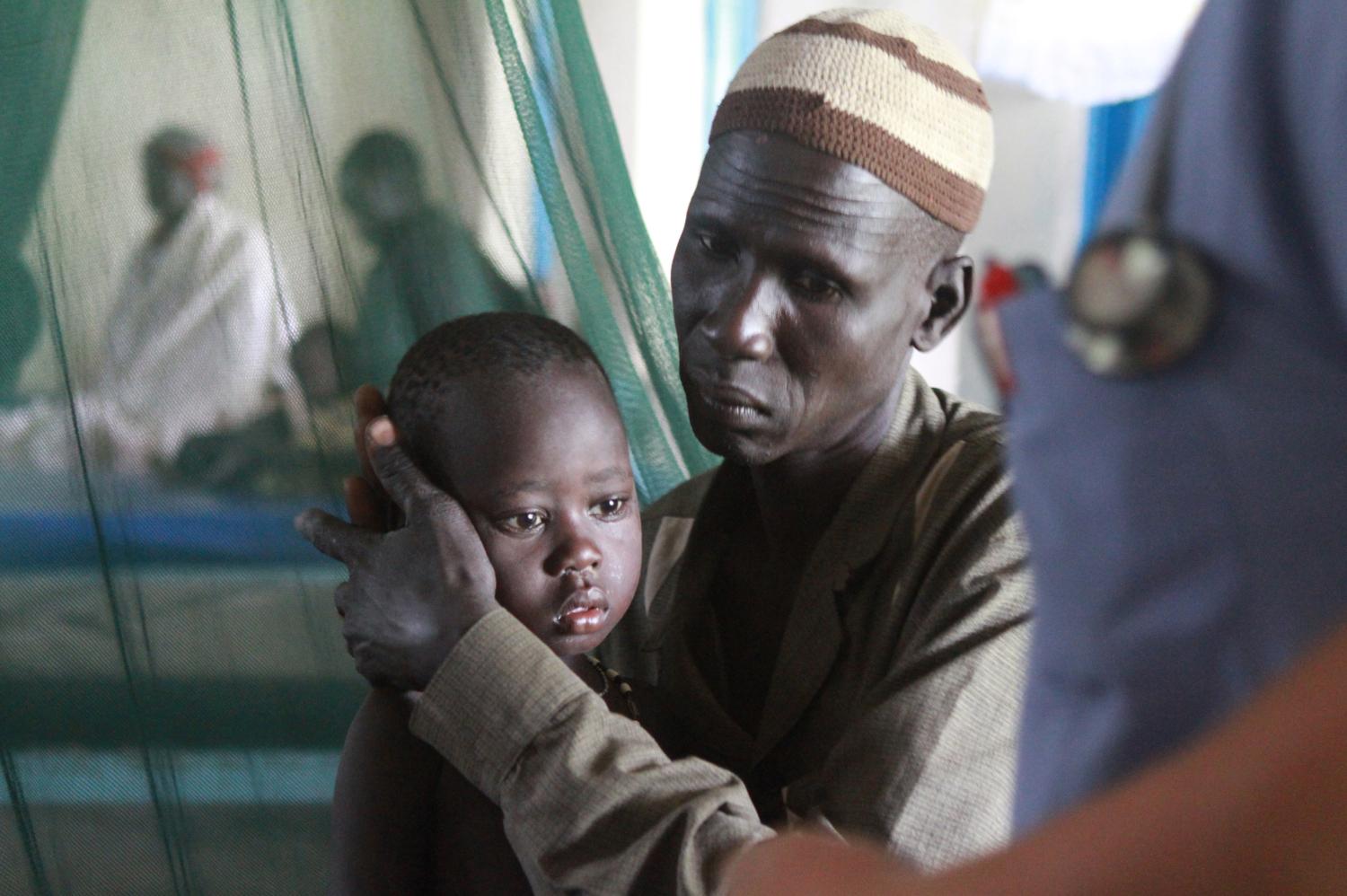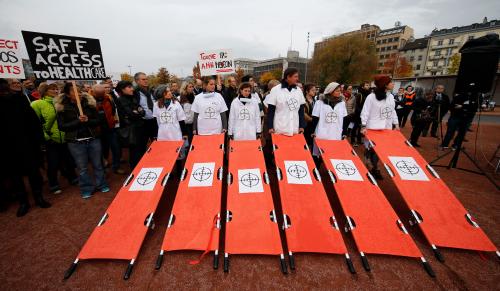INTRODUCTION
Over the past decade, the focused attention of African nations, the United States, U.N. agencies and other multilateral partners has brought significant progress toward achievement of the Millennium Development Goals (MDGs) in health and malaria control and elimination. The potential contribution of these strategies to long-term peace-building objectives and overall regional prosperity is of paramount significance in sub-regions such as the Horn of Africa and Western Africa that are facing the challenges of malaria and other health crises compounded by identity-based conflicts.
National campaigns to address health Millennium Development Goals through cross-ethnic campaigns tackling basic hygiene and malaria have proven effective in reducing child infant mortality while also contributing to comprehensive efforts to overcome health disparities and achieve higher levels of societal well-being.
There is also growing if nascent research to suggest that health and other humanitarian interventions can result in additional benefits to both recipients and donors alike.
The social, economic and political fault lines of conflicts, according to a new study, are most pronounced in Africa within nations (as opposed to international conflicts). Addressing issues of disparate resource allocations in areas such as health could be a primary factor in mitigating such intra-national conflicts. However, to date there has been insufficient research on and policy attention to the potential for wedding proven life-saving health solutions such as malaria intervention to conflict mitigation or other non-health benefits.




